TikTok and X recommend pro-AfD content to non-partisan users ahead of the German elections
TikTok and X recommend pro-AfD content to non-partisan users ahead of the German elections
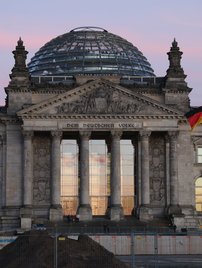
New investigations
-
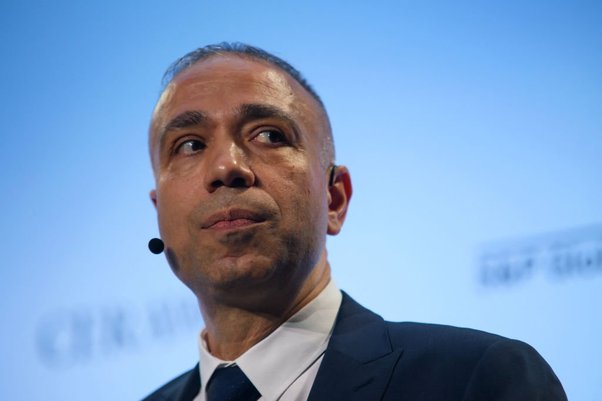
COP29 is for oil deals
An undercover investigation reveals how Azerbaijani petrostate used position as COP29 host to facilitate discussion of new fossil fuel deals at climate summit
-
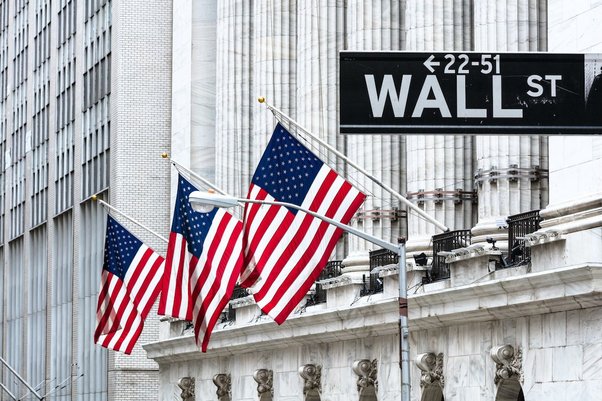
Wall Street banks fuel NYC-scale deforestation in Paraguay's vital forest
US banks top the list of creditors for meatpackers tied to deforestation of 75,000 hectares in Paraguay's Gran Chaco in the last three years
-
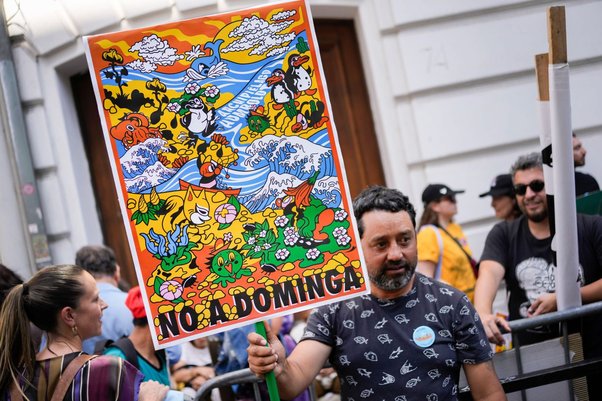
Critical mineral mines tied to 111 violent incidents and protests on average a year
Between 2021 and 2023, nearly 90% of violence and protests happened in emerging economies, while up to 81% of mining is by companies from wealthier and major consumer countries
Defending our planet's frontline
Climate emergency in focus
-

What is climate disinformation?
Climate disinformation is hindering our ability to combat the gravest threat of our time
-
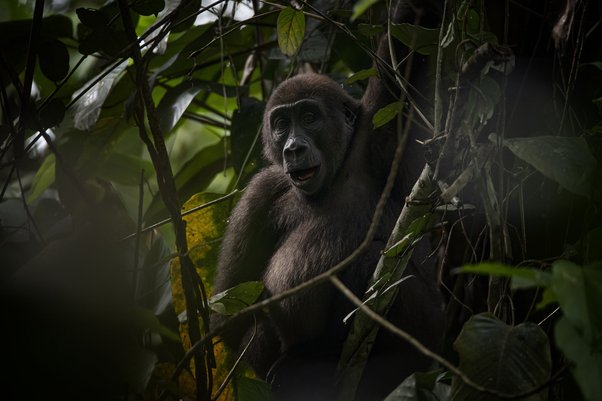
Why is the Congo Basin – the world’s largest forest carbon sink – at risk?
Home to staggering biodiversity like forest elephants, chimpanzees and gorillas, the Congo Basin’s importance for climate and biodiversity cannot be overstated
-
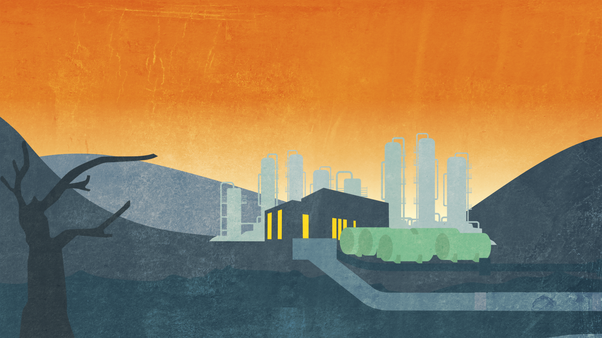
What is carbon capture and storage? CCS easily explained
Carbon capture and storage (CCS) is a catch-all term for technologies that are meant to reduce emissions and storing them underground. But for fossil fuel companies it's a get-out-of-jail-free card for continued oil and gas production

Seeing and speaking truth: How we are grounding our new identity
Our brand refresh strengthens our mission to build the power of people fighting to dismantle the influence of climate-wrecking industries
Latest articles
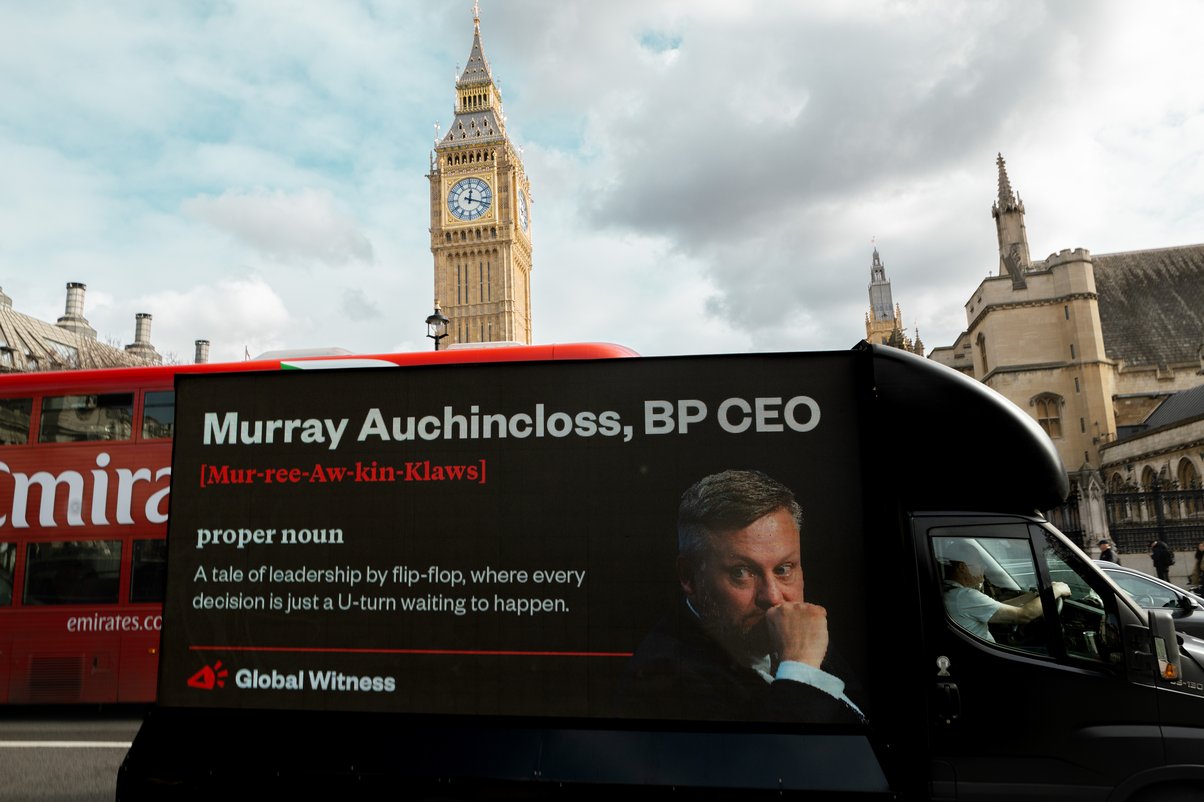
Global Witness billboards highlight BP’s climate backtracking to investors
Global Witness' investigative campaigners take aim at BP's u-turn on its green promises with ad van billboards around London
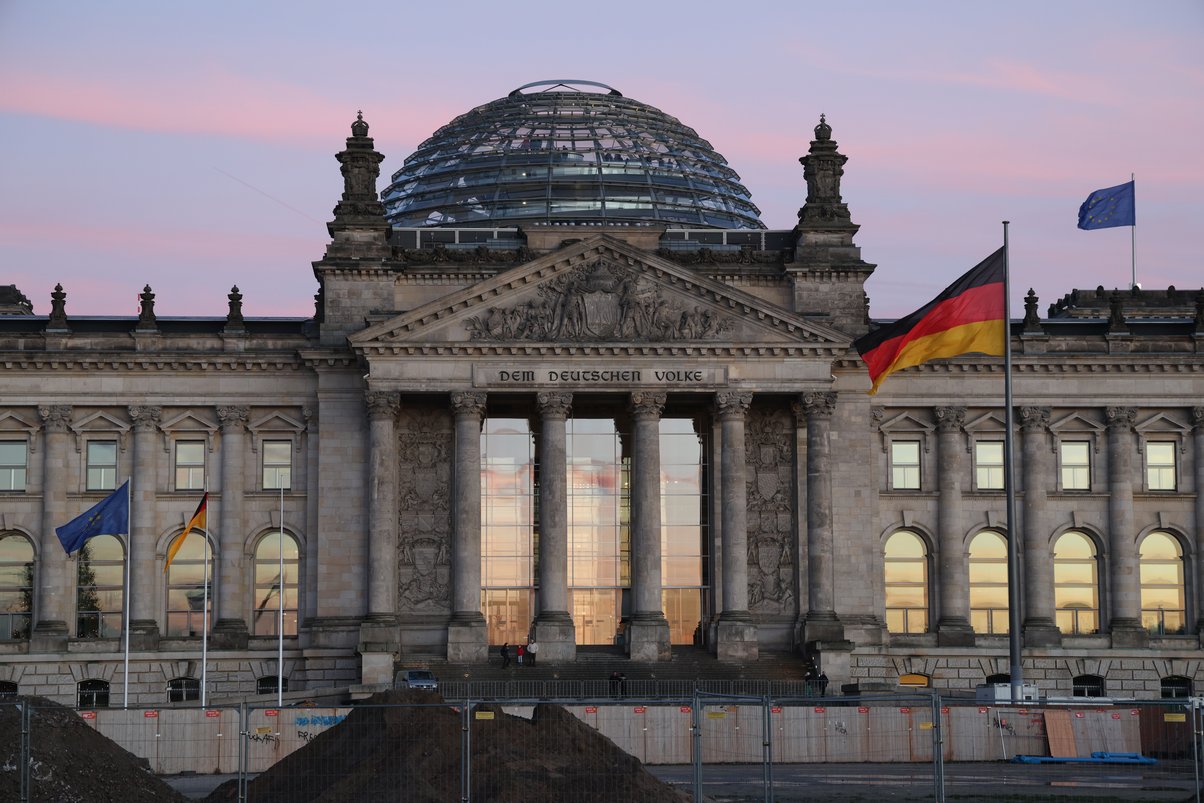
TikTok and X recommend pro-AfD content to non-partisan users ahead of the German elections
TikTok and X recommend pro-AfD content to non-partisan users ahead of the German elections
The time for change is now
The climate crisis is no longer an event on the horizon. It’s here, it’s now. Learn how you can support fearless investigative campaigning to expose the industries fuelling climate breakdown.


About us
Global Witness is an investigative, campaigning organisation that challenges the power of climate-wrecking companies, and stands with the people fighting back



